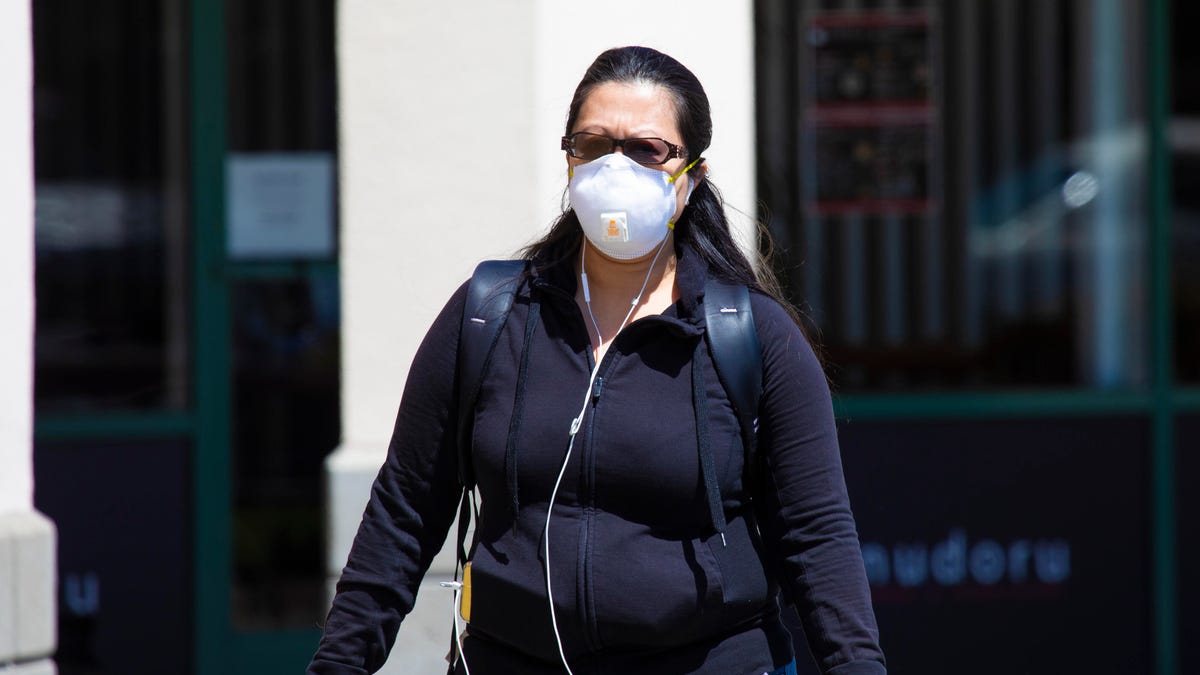Microsoft and UnitedHealth Group launch workplace health app
ProtectWell uses CDC guidelines to decide if you should even be at work today.

For all the talk about remote work, most of us need to go back to the office or work site. But distancing, rotating shifts, immunity and vaccination status and all those sneeze shields won't prevent us from dreading the moment a coworker coughs. Now what?
Microsoft and UnitedHealth Group have just launched ProtectWell, an app that queries you about symptoms before you head to work for the day. Based on your (hopefully) honest replies, it gives you either a green light to go to work, a suggestion to stay home or advice that you may want to contact your healthcare provider about exams or tests. It's powered by AI and cloud technology from Microsoft with health knowledge from UnitedHealth Group, all based on guidelines from the CDC.
The ProtectWell app is query based, using CDC guidelines to determine if you likely have symptoms of COVID-19. Developers Microsoft and UnitedHealth Group say this self-reporting is an effective screening technique.
Monitoring the symptoms of 155 million people working in the US is hard. "Based on CDC criteria, the most efficient way is to ask individuals on a daily basis," says Dr. David Rhew, global chief medical officer at Microsoft, of the seemingly simple questionnaire the app presents. "That's just one part of what we're looking at. The testing is also a key part."
That's where UnitedHealth Group comes in with its healthcare, pharmacy and payment expertise, though ProtectWell is available free to all employers, not just those affiliated with UnitedHealth Group. "The more people that are downloading it, using it and tracking symptoms, the safer all of us will be," says Ken Ehlert, chief scientific officer of UnitedHealth Group. "It's not required that we interface with everyone. A small employer with, say, five employees can get it going. All of us need to be in an environment where we have confidence in how we're interfacing." The ProtectWell portal has a contact form for employers who want to formally integrate the platform into their practices.
Use of the platform by an employer is entirely optional, and use of it by their employees would be the employer's decision. They may implement ProtectWell as an opt-in tool or as a condition of employment, much like drug testing for commercial drivers.
And while ProtectWell is laser-focused on COVID-19, it seems to have legs to do more after the virus is managed. Tracking chronic, noncommunicable health conditions might happen in the future via dialogue with the app as well as integration of biometric signals from wearables and connected devices around us already.
"The same tech allows us to do that kind of capture, analysis and secure sharing," for other conditions says Rhew. "This is a model that can be used, but there (would) have to be certain processes put in depending on the kind of condition we're talking about" and the privacy expectations outside of a public health emergency. Such use of the ProtectWell platform is purely speculative at this point, but better health monitoring in the future seems to be a positive outcome from this pandemic.
Rhew and Ehlert had a lot more to say to CNET's Brian Cooley. Hear their full conversation about the future of returning to work in the video above.
Now What is a video interview and panel series with industry leaders, celebrities and influencers covering the major changes and trends impacting business and how consumers connect in the "new normal" 2020 world and beyond. There will always be change in our world, there will always be technology helping us navigate that change, and we'll always discuss surprising twists, turns and potential solutions.

